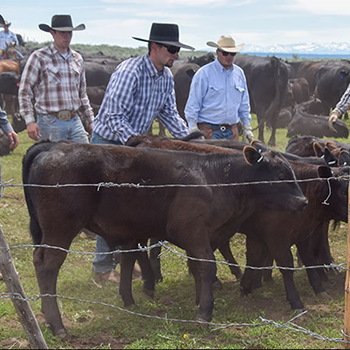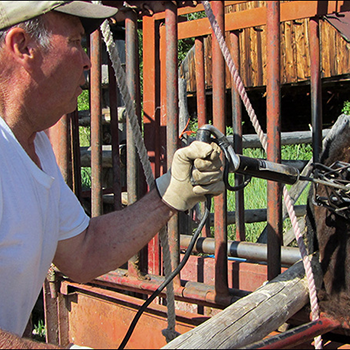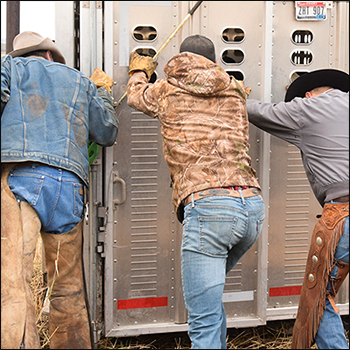
Just Like Farming, a Healthy Mental State Takes Work
Equipment breaks down, and human beings do, too.
“What do you do when a belt breaks?” asks Melba Sutton, a Kansas licensed, specialist clinical social worker, asks. “You, the farmer, rely on your strengths. You go to work to fix the problem,” is her answer.
When a mental health struggle or chronic stress is the problem, the answer is the same: Go to work!
“Perhaps part of your work today is picking up the phone and saying, ‘Hey, I just need to talk to somebody about living my life,’” suggests Sutton.
Bad days happen, once in a while
Some days you wake up on the wrong side of the bed. Some days the cows get out — twice. Some days the bank forecloses on the farm. Some days we lose a loved one.
On those days Sutton’s advice is to take time to tell yourself, “Gosh, this earth school stuff really hurts.”
Adrienne DeSutter, an advocate for mental health in the farming community and a farmer, says it’s key to understand the differences between bad days and chronic bad days.
“We go through moments in our lives where we feel hopeless, especially in farming,” she says.
That’s OK, she explains, and it’s normal. As long as those feelings of hopelessness or even worthlessness are in check, and we know that in a day or in a couple days, they will fade. Life will normalize.
“When we have those moments of hopelessness or worthlessness happening for multiple days, multiple weeks, then we really just need to get to a point where we’re comfortable talking to someone or talking to our doctor [to make] sure that we’re able to stay in control. When we aren’t taking care of ourselves, we lose that control, and it’s harder to dig out of that hole,” DeSutter warns.
It comes with the territory
About two in five rural adults say stress and mental health have become more of a problem in their community in the past five years (41%) and in the past year (36%). Nearly half of rural adults (48%) say they are personally experiencing more mental health challenges than they were a year ago. That’s according to a rural stress poll sponsored by the American Farm Bureau Federation in 2019.
What makes America’s backbone so vulnerable to mental health conditions and chronic stress?
For one, we rely heavily on the most unpredictable woman on Earth — Mother Nature. Enough said, but let us continue. Wars, inflation, recession fears, debt, the physicality of our work, family heritage, limited access to healthcare, limited access to broadband, etc., all contribute to 48% of farmers saying they are experiencing more mental health challenges today.
Fixing is work
When equipment breaks down, we order the parts; we watch YouTube until we know how to install the parts; we pay the bill at the parts store.
The good news for farmers and ranchers is that the process of reaching out for help, accepting help and making progress is not that different from fixing broken equipment. It is possible. Simply put: Go to work.
“Work is good medicine,” says Sutton.
Farmers and ranchers are naturally talented workers, otherwise they wouldn’t be in an occupation that requires sunup-to-sundown hours. Apply that same ethic and attitude to healing body and mind and see your results grow like field corn in July.
If you are experiencing mental health crisis and/or feeling suicidal, please reach out and talk to someone. Call the National Suicide Prevention Lifeline 1-800-273-8255 or chat online at https://988lifeline.org/chat/.
Editor’s note: Paige Nelson is a freelance writer and a cattlewoman from Rigby, Idaho.







